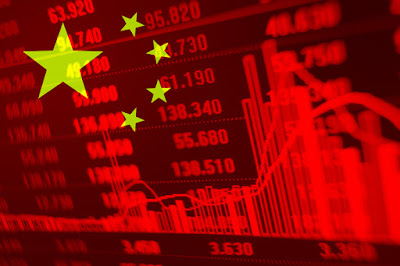Calls for ESG Rating Agency Regulation Grows Louder in Europe, But Could It Actually Save the Industry?

The ESG Rating Agencies, or Corporate Sustainability Systems as they have also been labelled as to convey the differing elements of the industry, are becoming ever more important in theory. This is because, as Refinitiv found recently, 98% of global institutional investors are now actively considering ESG in their investment decisions. However, there are massive issues within the industry and its multitude of models, which has now led the Autoriteit Financiële Markten (AFM) and Autorité des marchés financiers (AMF) to issue a joint paper calling for regulation at the European Level. However, what would a new regulatory framework look like, what could it achieve, and what effect would it have on the development of this relatively nascent industry? Whilst the EU have started a study on the ESG rating marketplace and its intricacies, as of yet the market is essentially unregulated. The market they exist to serve is exploding and growing at an incredible rate but, just like the cr

